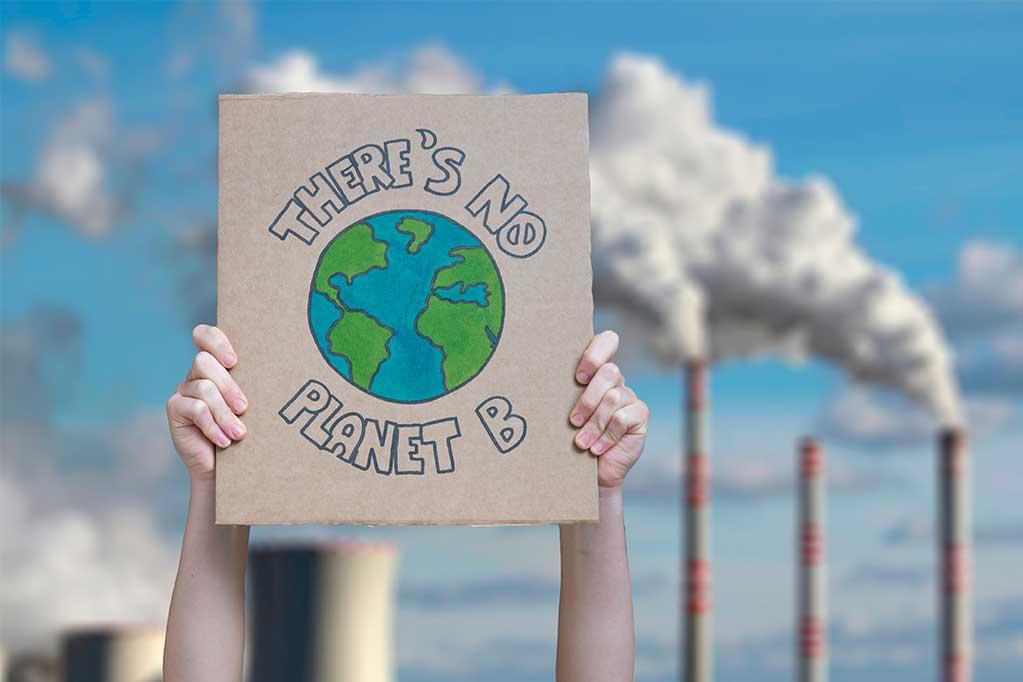No more hot air
News
- Sustainability
16 December 2021

As we gear up to the annual consume-fest with COP26 in the rear-view mirror, it’s been said that we are on a journey of discovery about climate change.
One thing so obvious (yet so easily cast aside) is that tackling this crisis needs action, not promises. COP ended with a shortfall in commitments to the necessary 1.5 degrees Celsius limit. We know about the gap between intent and action - our sustainability report identified that organisations are missing an holistic, long-term approach to determining and delivering meaningful outcomes. 2022 will bring only added pressure for material and measurable action, not only from the IPCC.
But things seem to be a-changing, incrementally. Yesterday the Government said from next June new buildings must cut carbon by up to a third. Good. The built environment contributes 40% to emissions, so new buildings should at least avoid adding to the problem. Most stock in place today will be still in functional use by 2050 so retrofitting is critical to delivering Net Zero.
Next year every event for our sector is leading with sustainability, including May’s World FM Day themed Leading a Sustainable Future. This is not moral panic but accepting that by collaborating to understand and catalyse the necessary change, the built environment and the facilities profession specifically can take a lead in averting catastrophe. FMs can be agents of change in organisations: influencing behaviour tangibly for a lasting difference.
IWFM knows that it must step up too. Workstreams are in place, but several areas need more expertise, commonality – Scope Three Emissions are an example of the latter (if carbon emissions are an iceberg, Scope One and Two are seen above the water. Scope three is the hidden mass beneath). We have gaps so we invite anyone wanting to help to join forces with us so that our profession can deliver on its sustainability potential, driving the necessary holistic response.
One priority is to reflect the importance of sustainability in the Professional Standards. We can’t expect members to upskill without helping them by shaping the pathway and developing tools for the 2020s. We’re working on that right now so they have the toolbox and guidance for the job.
Meanwhile we are growing a solid bank of content on this subject and we are committed to keeping the conversation alive. We’ve hosted a cluster of webinars on this subject in recent week. Catch them over the break.
-
Opportunities from a sustainable digital built environment from the Technology SIG
Tech giants, government digitisation leaders, FM leading practitioners, carbon experts and pioneering estate managers blend insight and hands-on experience. Watch here -
How to get from net zero promises to genuine progress with Inenco explores ways to unlock the route to net zero and the role FMs can play to support genuine change including building a successful road map and how to support members on data sources, collation and management. Watch here
-
Sustainability, COP26 and its impact on the workplace from the Ireland Region tackles the subject from the perspective of the Irish market Watch here
-
Carbon literacy from the South West Region what is it, why is it harmful and what can we do to reduce carbon emissions, particularly in estates and facilities? (With a follow up in February Sustainability in FM) Details here.
